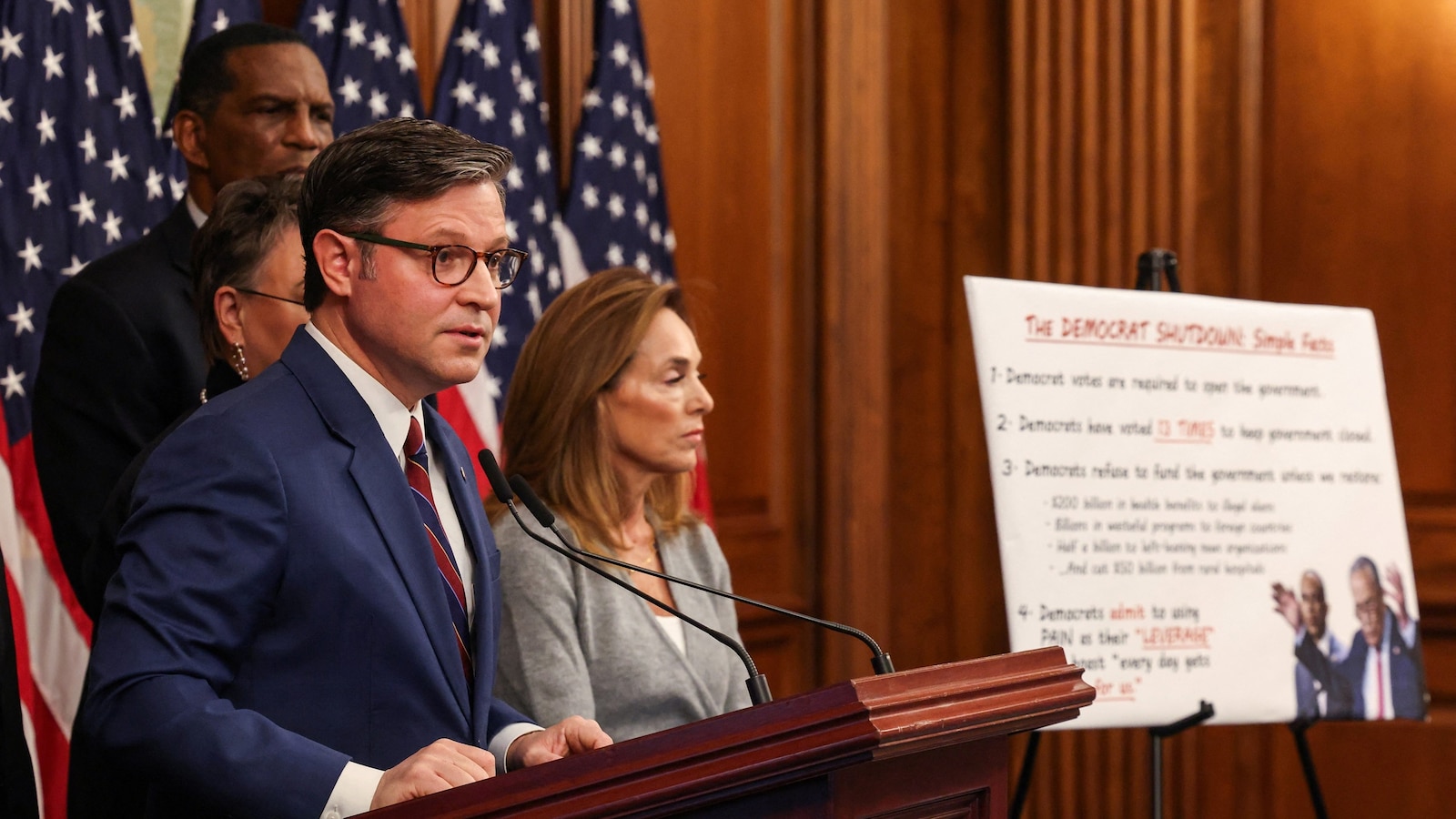When he was rule against by the SCOTUS he left it at that. He didn't try to find a way around their ruling...
But guess who did?
There are documented instances where administrations under Barack Obama and Joe Biden took actions that effectively ignored, delayed compliance with, or worked around Supreme Court decisions.
Below are key examples, substantiated with specifics from the rulings and subsequent government responses.
These are not exhaustive but represent prominent cases where these Democrat's actions conflicted with the Court's intent or directives.
Barack Hussein Obama Administration
Noel Canning v. NLRB(2014)
Supreme Court Decision: In a unanimous ruling, the Court invalidated Obama's recess appointments to the National Labor Relations Board (NLRB), declaring them unconstitutional because the Senate was not truly in recess. This voided hundreds of NLRB decisions made under those appointees.
Administration Response: The Obama administration continued to defend and enforce many of the invalidated NLRB rulings in lower courts for months afterward, rather than immediately vacating them. The NLRB itself only began ratifying prior actions in August 2014, after significant delay. Critics, including legal scholars like Jonathan Adler, argued this constituted de facto non-compliance by prolonging the effects of unconstitutional appointments.
Utility Air Regulatory Group v. EPA (2014) struck down parts of the EPA's greenhouse gas permitting rules under the Clean Air Act, ruling that the agency exceeded its authority by regulating small emitters without congressional approval.
Administration Response: The EPA largely ignored the limitations on small-source regulation and continued aggressive enforcement of broader climate rules. The administration pivoted to new regulations (e.g., the Clean Power Plan in 2015), which built on the same statutory interpretations the Court had rejected. This led to further litigation, with the Court later staying the Clean Power Plan in 2016.
DAPA and DACA Expansion (United States v. Texas, 2016)
Supreme Court Decision: A 4-4 affirmance of a lower court injunction blocked Obama's Deferred Action for Parents of Americans (DAPA) program and expanded DACA, which would have shielded millions from deportation without congressional action.
Administration Response: While DAPA was halted, the administration continued implementing the 2012 DACA program aggressively and resisted winding it down even after the ruling. Lower courts later found ongoing non-compliance in record-keeping and benefits issuance tied to the blocked expansions.
Autopen Administration
Eviction Moratorium (Alabama Association of Realtors v. HHS, 2021)
Supreme Court Decision: In a 6-3 unsigned opinion (with concurring notes), the Court ruled that the CDC lacked authority under the Public Health Service Act to impose a nationwide eviction moratorium and explicitly stated that new statutory authority from Congress would be needed for extensions. The moratorium was set to expire on July 31, 2021.
Administration Response: Biden publicly acknowledged the Court "made clear" the CDC couldn't extend it but directed the agency to issue a new, narrower moratorium on August 3, 2021, anyway—explicitly to buy time for rental assistance distribution. This new version lasted until struck down by the Court in a follow-up. Biden admitted in press remarks that it was likely unconstitutional but proceeded, stating it would allow "a few more weeks" of protection. This is widely cited as direct defiance.
Student Loan Forgiveness (Biden v. Nebraska, 2023)
Supreme Court Decision: In a 6-3 ruling, the Court struck down Biden's plan to cancel up to $430 billion in student debt under the HEROES Act, holding that it required explicit congressional authorization (major questions doctrine).
Administration Response: The administration immediately announced alternative forgiveness pathways using different statutes (e.g., Income-Driven Repayment waivers and Public Service Loan Forgiveness adjustments), forgiving over $160 billion for millions without new legislation. Critics, including Chief Justice Roberts in the opinion, noted this as circumventing the ruling's spirit. The Department of Education continued aggressive forgiveness actions post-ruling, often via settlements or regulatory tweaks.
OSHA Vaccine Mandate (NFIB v. OSHA, 2022)
Supreme Court Decision: 6-3 stay of the mandate requiring vaccines or testing for large employers, ruling OSHA overstepped its authority.
Administration Response: While the mandate was withdrawn, the administration shifted to encouraging state-level mandates and CMS rules for healthcare workers (partially upheld), effectively pursuing similar goals through other agencies.





